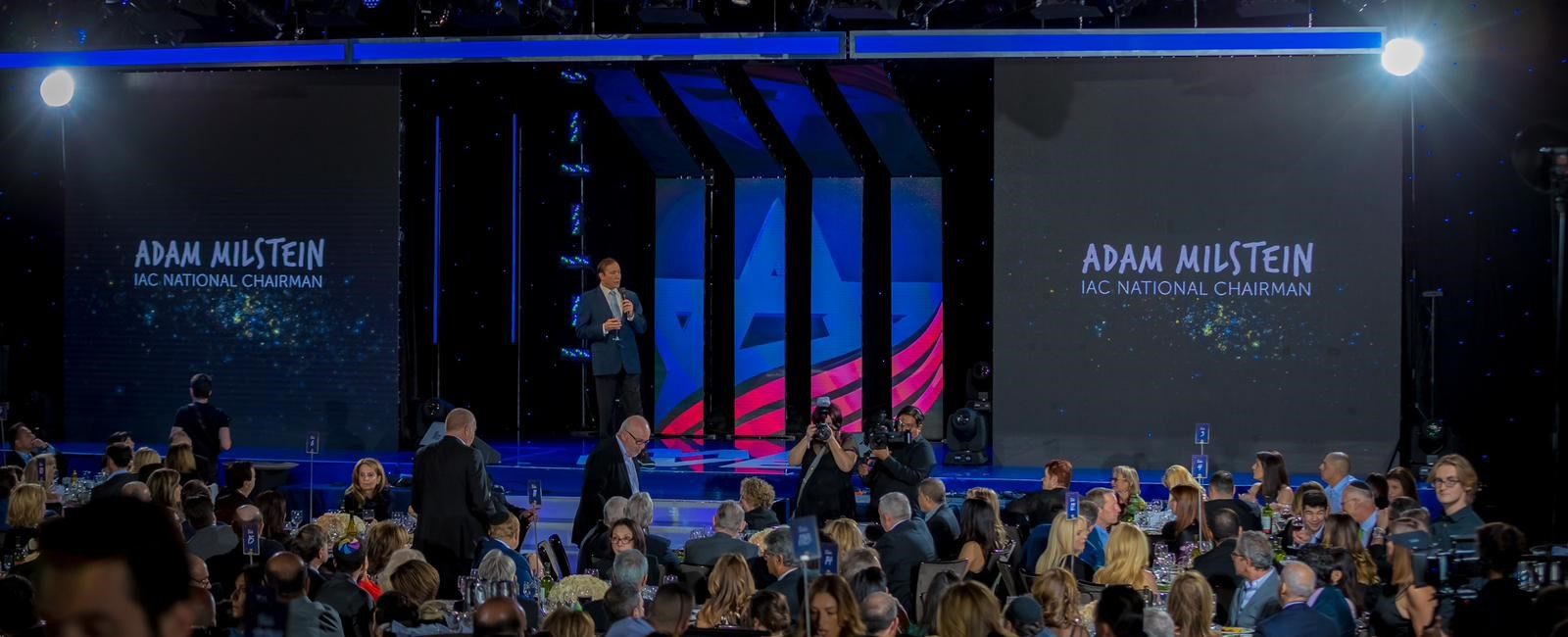
The story of Hanukkah that the Jewish community celebrates each year often becomes a reflection of current struggles. This year, as last year, Jews all over the world are focused on Israel’s multifront war and the remaining Israeli hostages.
The historical origins of the holiday date back to 167 to 160 BCE, when the Maccabees of Judea mounted a revolt against the ruling Seleucid Empire. King Antiochus IV had launched a campaign of repression against the Jewish religion, forcing many Jews to assimilate and adopt pagan customs, such as worshipping the Greek gods and eating pork. The revolt resulted in the independent Jewish Hasmonean kingdom, which ruled Judea until about 37 BCE.
Rabbis who lived after the traumatic days of the Roman conquest of Judea by the emperor Vespasian in 67 CE concocted a more unifying story of Hanukkah, one in which a single cruse of oil remaining in the defiled temple miraculously lasted eight days. Hanukkah thus became a holiday of rededication, survival, and light in the darkness rather than simply military victory and independence.
The Zionists used the story of Hanukkah for their own purposes as well, hearkening back to the theme of military victory. However they emphasized Jewish agency and power rather than a reliance on miracles. An early popular Zionist song recites:
No miracle happened for us –
We found no cruse of oil.
We dug in the rock until we bled –
And then there was light!
In 2024, the story of Hanukkah is especially poignant. The last 14 months have been perhaps the darkest in decades, with 100 Israeli civilians still held hostage in tunnels under Gaza following Hamas’ October 7th terror attack on Israel. Adam Milstein, a Los Angeles-based venture philanthropist and American of Israeli descent, writes that “it’s become apparent that our people’s survival is once again not guaranteed.” In a Jerusalem Post article detailing his eight Hanukkah wishes for 2025, Milstein aims for these wishes to serve as “calls to action for the entire Jewish community and for anyone who stands with us in the fight against hatred and intolerance.”
For over two decades, Milstein has been a fierce advocate of the American Jewish community, Israeli Americans, and the global fight against antisemitism. His philanthropic career began in 2000 when he co-founded the Adam and Gila Milstein Family Foundation with his wife. Since then, the foundation has been successful in its mission to support a collaborative network of organizations that strengthen American values, support the U.S.-Israel alliance, and combat hatred and bigotry in all forms. He is especially well-versed in the pernicious ways antisemitism manifests in places we might least expect it, such as in liberal circles and institutions.
This year, Milstein wants Hanukkah to inspire the Jewish community, as well as our allies, to take action in eight key ways that will ensure we not only survive this dark moment but thrive. First and foremost, as Milstein has written in the past, Americans must see antisemitism as a problem that affects not just Jews, but every freedom-loving person. Increased antisemitism in our country “reveals a growing tide of hatred that threatens the cohesive fabric of American society,” as it has for societies all around the world throughout history. Paramount to this is Milstein’s second wish, which is that Jewish students must feel safe on college campuses, where they continually face “intimidation, hostility, and bigotry.” He implores university leadership to take a stand and protect Jewish students to “ensure campuses remain true citadels of learning, growth, and truth,” rather than hotbeds of discrimination.
Milstein’s next two Hanukkah wishes to go hand in hand. He believes the global Jewish community should recognize Israel as its center and beating heart. He points out that “Israel’s existence is central to the survival and strength of the Jewish people in the diaspora.” In turn, he wishes for Israel to serve as a source of light and inspiration for the diaspora, because “the bond between Israel and the global Jewish diaspora must be reciprocal.” While Israel shines as a “beacon of hope and refuge,” it must also “look to the diaspora for moral and material support.”
Among Milstein’s other wishes are for the elimination of threats posed by terror organizations like Hamas and Hezbollah as well as the Iranian regime. This axis is “committed not only to the destruction of Israel but to the annihilation of the Jewish people.” The political and religious extremism espoused by these groups “undermines peace and stability across the globe.” That’s also why it’s imperative for the world to unite against the Iranian regime, the center of the axis and “the chief sponsor of terrorism worldwide.” Milstein argues that the international community must combat Iran’s destabilizing influence and nuclear ambitions “through diplomatic pressure, economic sanctions, and, if necessary, military action.”
Finally, it’s imperative that the 100 remaining hostages are rescued. As Milstein beautifully states, “To save one life is to save the world. And every hostage saved is a world rebuilt.” And in order to ensure no other Israeli is killed or taken hostage by a terror group again, Israel’s peace and prosperity must be a top priority for Jews all over the world. We must recognize the “ongoing hypocrisy and double standards from international bodies.” Israel must make a push to “broaden its bi-lateral alliances and pursue peace negotiations” because its best path to security is to “secure more friends in the region and around the globe.”
Therefore, this year’s Hanukkah should be one of inspiration and unity, encouraging all of us to stand up for “a world in which resilience, strength, and hope shape our future.” In Milstein’s words, it’s vital to “recognize the unflappable courage and resilience of the Jewish people,” especially in times of darkness, so that we can work toward “a more secure and peaceful Jewish future.”












